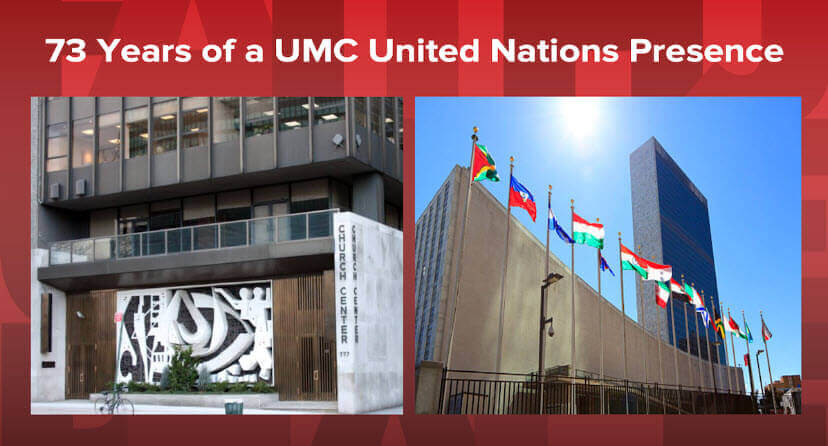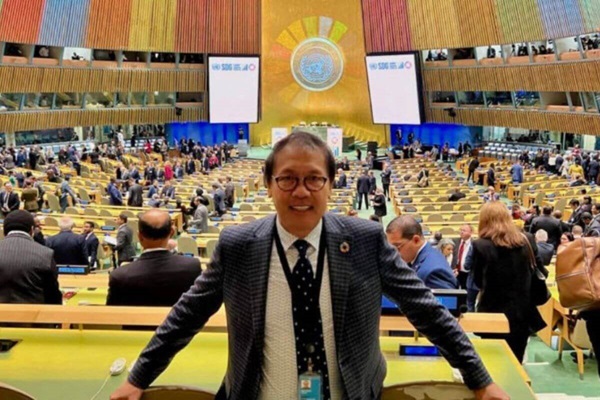The United Nations High-Level Political Forum (HLPF) meeting, taking place this week at UN headquarters in New York, is significant. It is an annual event where the international community’s efforts to achieve the 17 Sustainable Development Goals (SDGs) are evaluated based on actual progress on a set of more than 100 targets.
This year, for example, the Forum will focus on in-depth reviews of SDG 3 (Ensure healthy lives and promote well-being for all at all ages), SDG 5 (Achieve gender equality and empower all women and girls), SDG 8 (Promote sustained, inclusive, and sustainable economic growth, full and productive employment, and decent work for all), SDG 14 (Conserve and sustainably use the oceans, seas, and marine resources for sustainable development), and SDG 17 (Strengthen the means of implementation and revitalize the Global Partnership for Sustainable Development).
The United Methodist recognition of the United Nations as a key multilateral organization and a crucial platform for worldwide and connectional ministries of peace and justice is a historical approach and benchmark.
United Methodists worldwide consistently support a perspective that is both local and global. The connectional structure and the emerging practice of worldwide regionalization promote this approach in addressing social concerns in specific locations.
Three agencies of The United Methodist Church, including Church and Society, hold consultative status with the United Nations Economic and Social Council.

Church and Society’s United Nations ministry has offices at the Church Center for the United Nations in New York across the street from the United Nations. The ministry has served as a platform for promoting peace with justice in a globally connected world since 1952, and has been based in this building since 1963.
This support for the United Nations was reaffirmed at the United Methodist Church General Conference, Charlotte with the 2020/2024 Book of Discipline ¶ 1903.12 that states:
“A United Nations Office shall be conducted in cooperation with the General Board of Church and Society.”
To learn how your country has worked on these specific SDGs, read their voluntary national reviews on this site. For a broader perspective on SDG implementation within the UN Agenda 2030 framework, check out the launch of the SDG Report 2025.
Civil society plays a vital role in achieving the SDGs. What actions have you taken to support any of these goals?
Please view below the remarks of the UN Deputy Secretary-General, Ms. Amina J. Mohammed, during the opening of the HLPF. Her comments provide a meaningful reflection of what is happening in our world and the actions needed to live justly, peacefully, compassionately, and sustainably.
Ms. Mohammed opened her remarks with a stern caveat:
The 2030 Agenda built on previous decades of development efforts and carried forward the vision and lessons of the Millennium Development Goals…It carried a promise to everyone, everywhere, to live in dignity, on a safe and healthy planet. Today, a decade later, we meet again as the world grapples with conflicts and deepening geopolitical tensions. The fabric of multilateralism is fading, and the SDGs seem out of reach. Hard-won development gains are at serious risk, as a multitude of challenges, exacerbated by the chronic shortfall in adequate financing.
What are these risks and challenges? Read the full remarks here.
Are you confronted with these risks and challenges? How are you addressing them? Let me know—send me a note at LBautista@umcjustice.org.
This content was originally published by the General Board of Church and Society; republished with permission on ResourceUMC.org on July 24, 2025.

